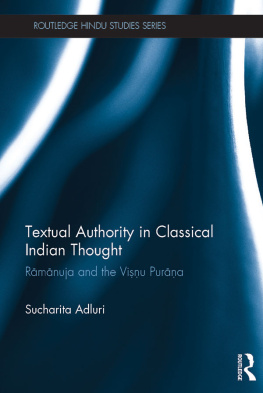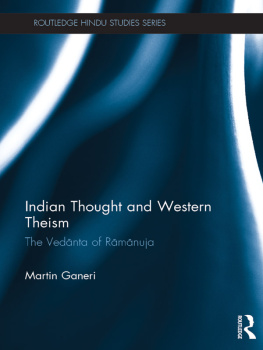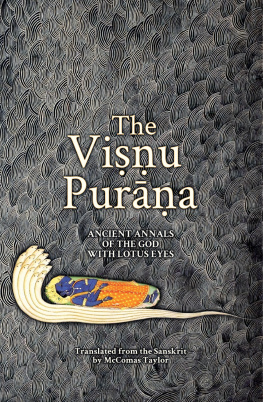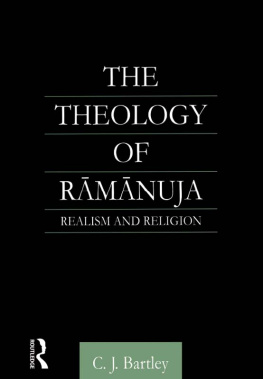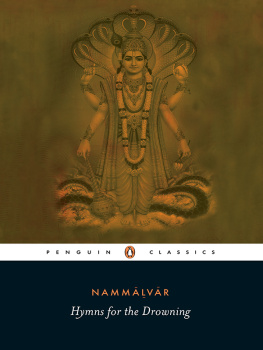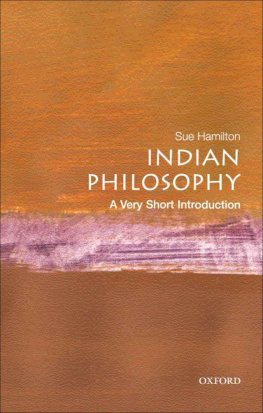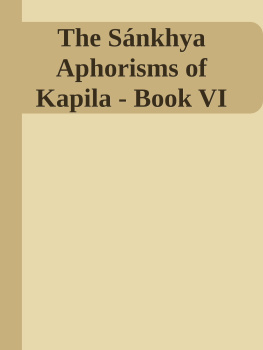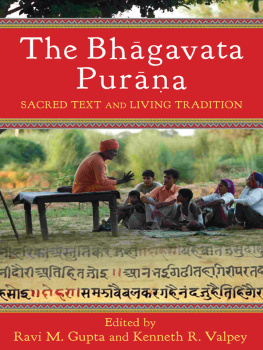Sucharita Adluri - Textual Authority in Classical Indian Thought: Rāmānuja and the Viṣṇu Purāṇa
Here you can read online Sucharita Adluri - Textual Authority in Classical Indian Thought: Rāmānuja and the Viṣṇu Purāṇa full text of the book (entire story) in english for free. Download pdf and epub, get meaning, cover and reviews about this ebook. year: 2014, publisher: Routledge, genre: Religion. Description of the work, (preface) as well as reviews are available. Best literature library LitArk.com created for fans of good reading and offers a wide selection of genres:
Romance novel
Science fiction
Adventure
Detective
Science
History
Home and family
Prose
Art
Politics
Computer
Non-fiction
Religion
Business
Children
Humor
Choose a favorite category and find really read worthwhile books. Enjoy immersion in the world of imagination, feel the emotions of the characters or learn something new for yourself, make an fascinating discovery.
- Book:Textual Authority in Classical Indian Thought: Rāmānuja and the Viṣṇu Purāṇa
- Author:
- Publisher:Routledge
- Genre:
- Year:2014
- Rating:3 / 5
- Favourites:Add to favourites
- Your mark:
Textual Authority in Classical Indian Thought: Rāmānuja and the Viṣṇu Purāṇa: summary, description and annotation
We offer to read an annotation, description, summary or preface (depends on what the author of the book "Textual Authority in Classical Indian Thought: Rāmānuja and the Viṣṇu Purāṇa" wrote himself). If you haven't found the necessary information about the book — write in the comments, we will try to find it.
Theistic Vednta originated with Rmnuja (1077-1157), who was one of the foremost theologians of Viistdvaita Vednta and also an initiate of the rvaisnava sectarian tradition in South India. As devotees of the God Visnu and his consort r, the rvaisnavas established themselves through various processes of legitimation as a powerful sectarian tradition. One of the processes by which the authority of the rvaisnavas was consolidated was Rmnujas synthesis of popular Hindu devotionalism with the philosophy of Vednta.
This book demonstrates that by incorporating a text often thought to be of secondary importance - the Visnu Purna (1st-4th CE) - into his reading of the Upanisads, which were the standard of orthodoxy for Vednta philosophy, Rmnuja was able to interpret Vednta within the theistic context of rvaisnavism. Rmnuja was the first Brahmin thinker to incorporate devotional purnas into Vednta philosophy. His synthetic theology called Viistdvaita (unity-of-the-differenced) wielded tremendous influence over the expansion of Visnu devotionalism in South India and beyond. In this book, the exploration of the exegetical function of this purana in arguments salient to Rmnujas Vednta facilitates our understanding of the processes of textual accommodation and reformulation that allow the incorporation of divergent doctrinal claims.
Expanding on and reassessing current views on Rmnujas theology, the book contributes new insights to broader issues in religious studies such as canon expansion, commentarial interpretation, tradition-building, and the comparative study of scripture. It will be of interest to students and scholars of Indian philosophy and Religious Studies.
Sucharita Adluri: author's other books
Who wrote Textual Authority in Classical Indian Thought: Rāmānuja and the Viṣṇu Purāṇa? Find out the surname, the name of the author of the book and a list of all author's works by series.

